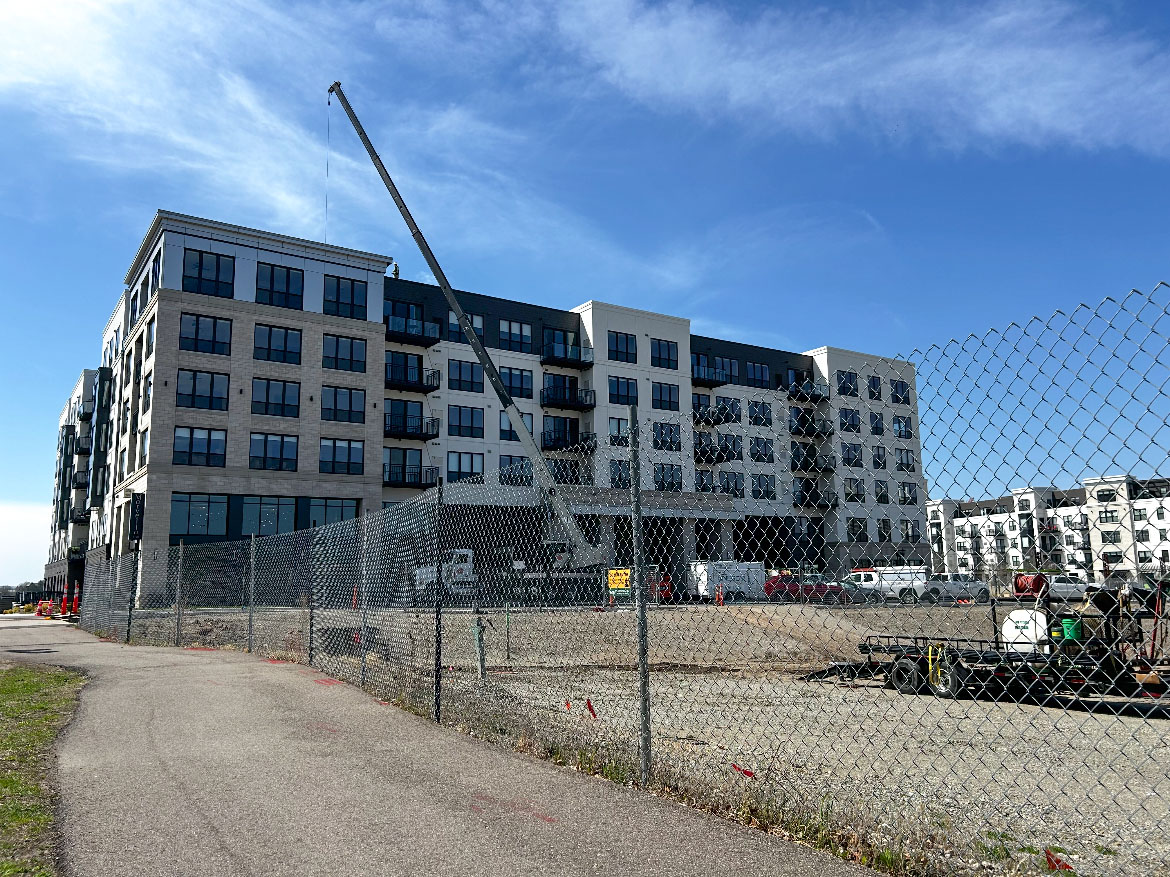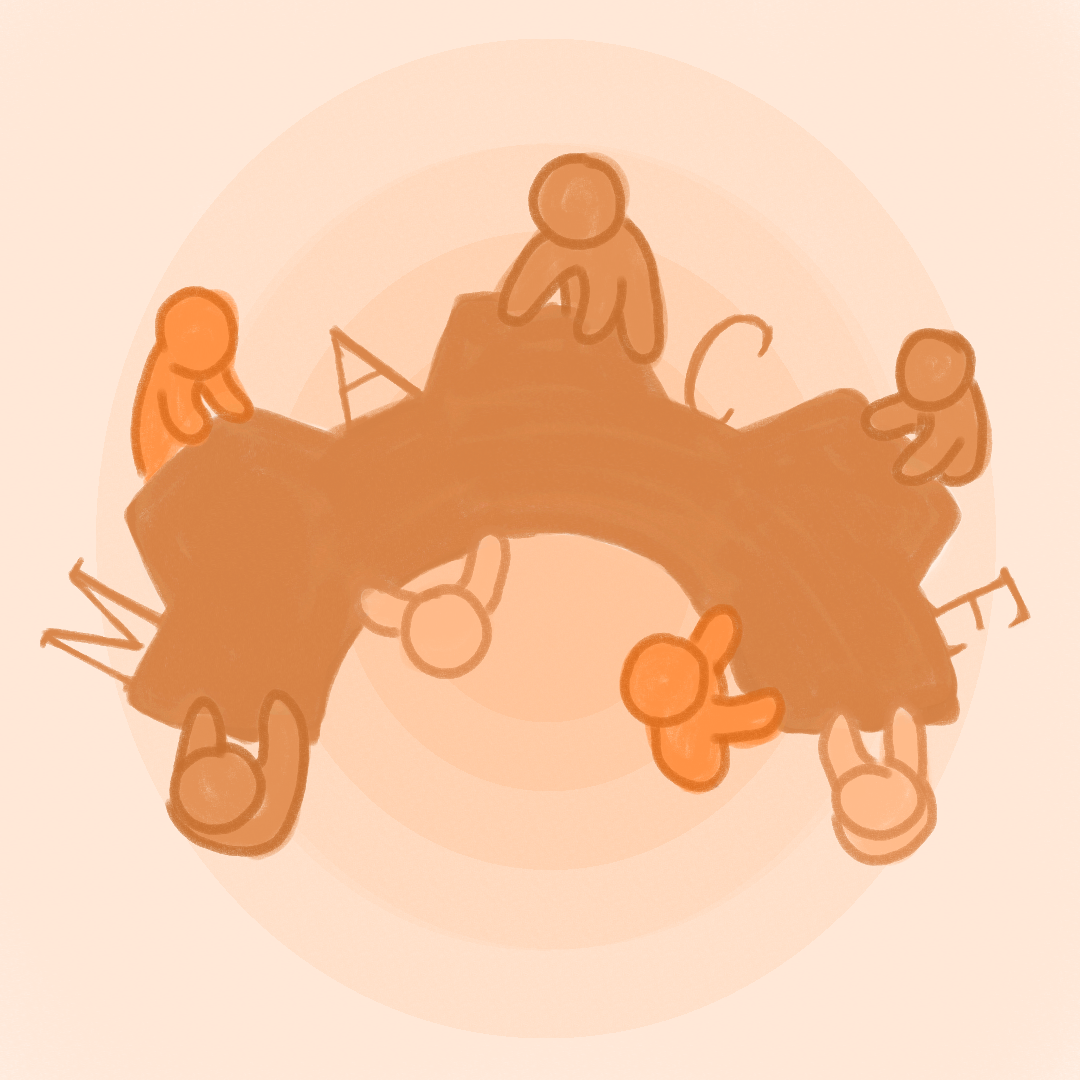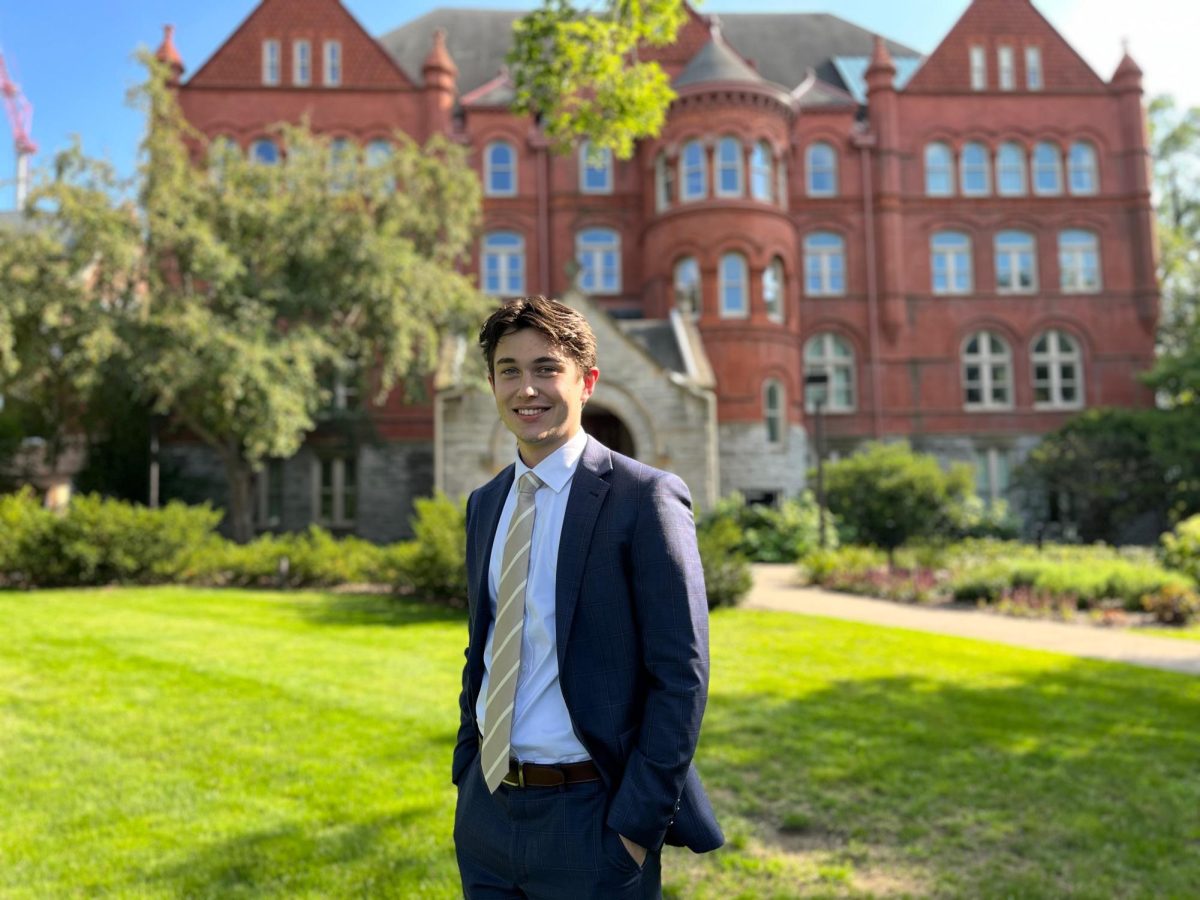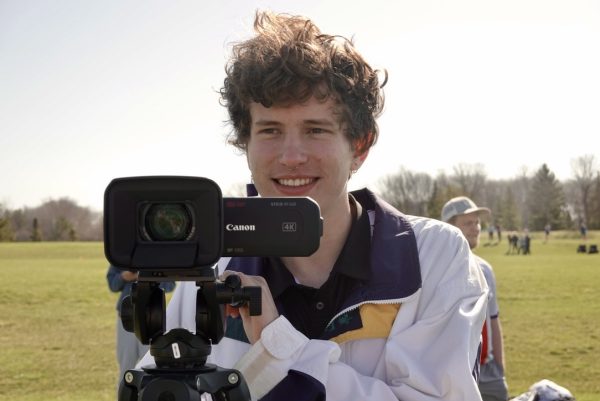On Thursday, Feb. 1 in the Weyerhaeuser Boardroom, Professor of English and Women’s and Gender Studies at the University of Nebraska and author of “Dirty Knowledge: Academic Freedom in the Age of Neoliberalism” Julia Schleck delivered her lecture entitled “Uncommon Goods: The Role of Higher Education in America,” which focused on a plethora of issues plaguing higher education.
Sponsored by several academic departments across campus, and with help in-organization from Professor of Anthropology and Chair Arjun Guneratne; Chair of German Studies & Director of the Critical Theory Program Kiarina Kordela; Professor of Sociology Khaldoun Samman and Professor of Sociology and Chair Erik Larson, the space was filled with professors and students across disciplines.
Beginning with a question on academic freedom, Schleck outlined funding and tenure as two primary means of maintaining academic freedom of professors.
“Academic freedom refers to the unfettered state of mind that allows teachers and researchers to conduct their work fearlessly, without worrying that the ideas that they publish or present or discuss in the classroom will cause them to lose their jobs,” Schleck said.
Schleck clarified that academic freedom defends the discovery processes of teaching, research and a professor’s professional judgments. Schleck named the fear of current budget cuts and initiatives to end tenure throughout the country as having destabilized academic freedom. Without tenure, there are limited safe-guards against dismissal and/ or firing without sufficient cause.
“The fact that 75% of us faculty now work without the protections of tenure represents, as I’ve argued elsewhere, the single greatest threat to academic freedom in this country today,” Schleck said.
Schleck asserts economic freedom is paramount to the maintenance of academic freedom. As such, she framed arguments for increased state funding for higher education as a response to the attacks on academic freedom.
Historically, higher education was categorized as a common good that everyone is allowed to use.
“[Advocates] are justifying this move to the broader public through the language of ‘the common good of universities,’” Schleck said. “[For them], universities serve the common good, and therefore are deserving of public protection and support.”
Schleck attributed this association to the American Association of University Professors’ (AAUP) 1940 Statement of Principle on Academic Freedom and Tenure. Furthermore, the AAUP attributed support for both higher education (and academic freedom) to its status as a common good.
“Still, the weight of the AAUP’s argument for their support hangs on that one short phrase: that doing so serves the common good,” Schleck said.
Schleck then continued to define a common good as that which is available to anyone, but rivalrous, meaning competition still exists in a market — unlike public goods, which are similarly available, but non-rivalrous.
“In other words, [a common good] is a zero sum resource in which one person’s use of it diminishes the potential for others to benefit from it,” Schleck said.
Schleck continued, arguing that college was neither a common nor public good due to its rivalrous nature and restricted availability, posing a larger critique of the public’s contemporary views of college: the impossibility of bolstering public funding for higher education if it remains out of reach on the basis of socioeconomic status and rivalrous competition.
“The idea of college being a winning proposition financially for an individual requires, on the flip side, an acceptance of an economic underclass whose labor will be valued as lesser and compensated accordingly,” Schleck said.
Schleck discussed our current conception of college solely as an investment towards one’s financial future. This point was one that struck home with several professors in attendance.
“The main message of Julia Schelck’s talk and the subsequent discussion, for me, was that unless the administrations of higher education institutions actively fight against the idea that people are human capital,” Kordela said. “The future landscape of higher education will look like an oligarchically governed assembly line manufacturing the kind of servants required to sustain this oligarchy.”
Schleck spent the third part of her lecture discussing a solution to this problem of higher education. She explained that because the main step towards academic freedom comes from increased funding, it is important to make sure higher education is something that taxpayers want to pay for. To do this, she argued that we should work to radically change college into a public good that opens its doors to anyone in a non-rivalrous manner.
“It would have to be free and open to all, and one person’s experience, and the good we offer would not diminish the good that the next person derived from it,” Schleck said.
After her lecture, a Q&A followed for students and faculty to ask questions, many of which pertained to Schleck’s proposed solution. Said solution was characterized by several faculty members to be idealistic in its wish.
“In the [statute of the] University of Vienna, it says that education is a public good — that sounds great but then you go and you talk to the colleagues there and they only complain,” Professor of German and Russian Studies David Martyn said. “They’re doing important work and then somebody shows up and just puts on the brakes. I think it sounds really terrific, but I’m wondering what this would do to a scholarship of an advanced nature.”
For many in the audience, the relevance of academic freedom extends beyond academics to the broader Macalester community. Those involved see questions on higher education as more than just ideas to think about or problems they experience. They believe a dramatic shift in what it means to learn is necessary for the sustainability of higher education.
“We are at a historical moment when we need to decide whether the university should become a business, like any other business, or be a space that interrogates the values of our society,” Kordela said. “To fight actively the idea that humans are capital means to invest substantial resources in supporting the kind of education — curriculum, departments, programs, faculty, student support, etc. — that will enable people to see themselves as something other than human capital, as beings whose dreams far surpass the notion of profit.”







